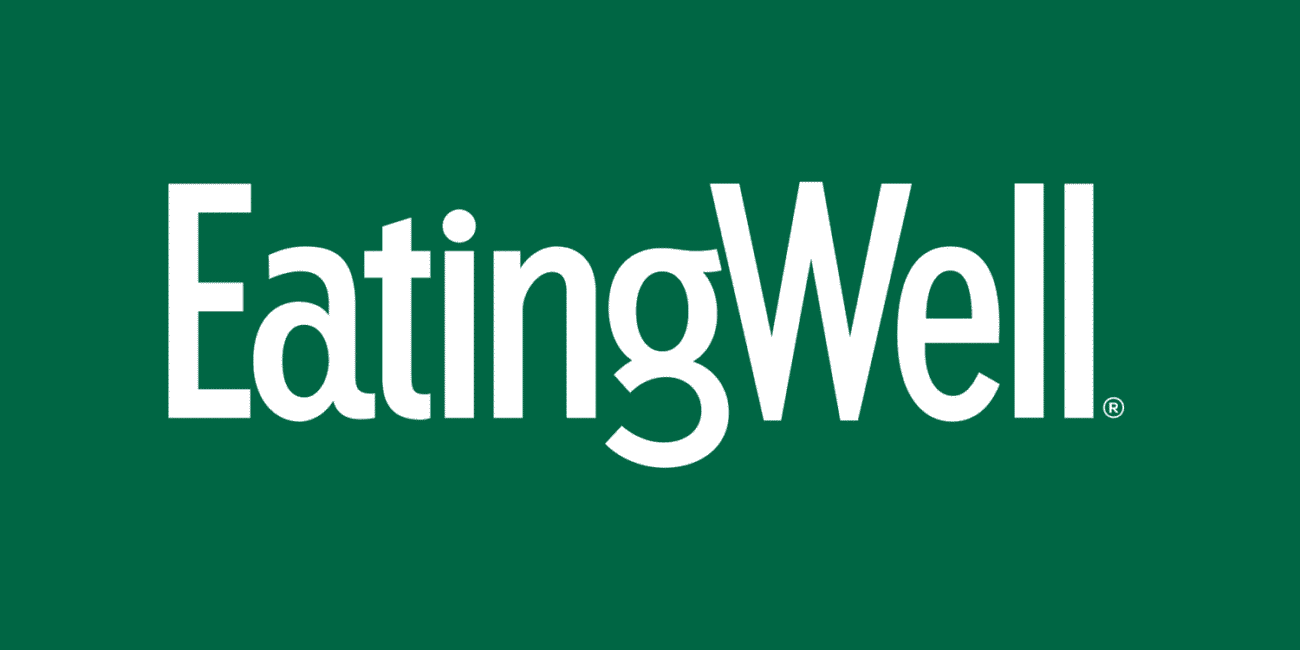Events
6 Warning Signs of a Nutrient Deficiency

- Cracks in mouth corners, tingling hands or spoon-shaped nails may signal nutrient gaps.
- Fatigue and slow-healing wounds often stem from deficiencies in vitamins and minerals.
- Poor diet, absorption issues and restrictive eating increase the risk of nutrient shortages.
Have you ever noticed a cut that just wouldn’t heal, or nails that keep breaking, no matter what you do? These small issues may seem harmless, but they could be your body’s way of alerting you to a nutrient deficiency.
To function well and feel your best, your body needs enough calories and a steady supply of macronutrients (protein, carbs and fats) and micronutrients (vitamins and minerals). Even in populations where food is abundant, micronutrient deficiencies are surprisingly common. Over 45% of the U.S. population gets inadequate amounts of vitamins A, C, D or E, and many fall short on other essential vitamins and minerals, too.1
If you follow a restrictive diet, struggle with a lack of appetite, have a health condition that affects absorption or have limited access to certain foods, there’s a chance that you’re falling short of meeting your nutrient needs. Here are some subtle—and not-so-subtle—ways your body may be alerting you to a nutrient deficiency:
1. Cracks in the Corners of Your Mouth
If you’ve ever had cracked, red and sore skin in the corners of your mouth, you’ve experienced what’s known as angular cheilitis. While it can be the result of a yeast infection, another potential culprit is a nutrient deficiency. In fact, it’s estimated that 25% of cases are due to inadequate intake of vitamin B12, folate, riboflavin, iron and/or zinc. “These nutrients support skin integrity and tissue healing. A deficiency can cause painful cracks or sores at the corners of the mouth due to weakened skin and reduced immune defense,” says Raksha Shah, MA RDN.
2. Tingling Hands And Feet
Peripheral neuropathy—signaled by a “pins and needles” feeling or numbness in your hands or feet—may be a sign that you’re not getting enough B vitamins, says Shah. Specifically, low levels of B6, B12, thiamin, riboflavin and/or folate can lead to peripheral neuropathy. While anyone can be deficient in B vitamins, bariatric surgery and following a vegan or vegetarian diet are among the most common causes.
3. Spoon-Shaped Nails
The shape of your nails can also be a key indicator of missing nutrients in your diet. Healthy nails have a slight dome shape from the cuticle to the center, whereas spoon-shaped nails—higher by the cuticle and indented in the center—are a sign of iron deficiency anemia. When you have inadequate iron intake, the body diverts its limited iron supplies to essential, life-saving roles, which don’t include strengthening your nails. “The nail matrix (where nail growth starts) is highly vascularized and requires a steady supply of oxygen. When oxygen is low, it impairs keratin production, weakening the nail structure,” says Andrea Ballenthin MS, CNS, LDN.
4. Sore, Red Tongue
B vitamins and iron support red blood cell formation, which is responsible for transporting oxygen to every part of your body—including your taste buds. “A deficiency can cause glossitis, or inflammation of the tongue, which makes it appear red, swollen or smooth due to the loss of papillae (taste buds),” says Shah. While glossitis may be a sign you’re deficient in a number of B vitamins or iron, vitamin B12 is the most common culprit. In one study, 68% of people with glossitis had a B12 deficiency, while 21% had low iron levels. Glossitis is typically quick and easy to fix with vitamin supplementation, as papillae have just a 10-day lifespan.
5. Fatigue
While feeling tired can be caused by late nights and disrupted sleep, ongoing fatigue, extreme tiredness and brain fog that doesn’t improve with rest may be due to a nutritional deficiency. B vitamins, vitamin C, magnesium, zinc and iron all play essential roles in energy production, carrying oxygen throughout the body and combating oxidative stress. When your body doesn’t have enough of these nutrients, it may struggle to produce enough energy at a cellular level or to deliver enough oxygen to your muscles, leaving you feeling physically and mentally drained.
6. Skin Wounds That Won’t Heal
If you find that small cuts, scrapes or burns are taking longer to heal than they should, you may be short on essential nutrients for skin health. “Non-healing wounds may result from deficiencies in magnesium, copper, zinc, iron and vitamins C and D,” says Jessica (Clancy) Strawn, MA, RDN. Wound healing is a complex process, and each nutrient is involved in a specific stage. B vitamins, zinc and iron support cell growth and tissue repair during the proliferative phase, while vitamin C and zinc are essential for collagen production, which is needed to rebuild and close the wound.
Common Causes of Nutrient Deficiencies
Here are some of the most common causes of nutrient deficiencies:
- Poor diet: Whether due to picky eating, illness, dental conditions, poor appetite or limited food access, not eating a varied diet—or not eating large enough quantities of healthy foods—can make it hard to get all the nutrients your body needs to function at its best.
- Digestive Conditions: Some digestive conditions can affect your ability to digest or absorb various nutrients. “For example, someone with irritable bowel disease may be deficient in fat-soluble vitamins (vitamins A, D, E and K) because these vitamins are absorbed in the gut. If your gut is inflamed, then the body is unable to absorb these vitamins efficiently,” says Maura Fowler, MPH, RDN. In other words, even if you’re eating all the right foods, your body may not be able to absorb and use them.
- Restrictive Diets: Not eating enough calories, restricting food groups and or severely limiting macronutrients (like fats or carbs) greatly increase your risk of a nutrient deficiency.
- Older age: As we age, the body becomes less efficient at absorbing various nutrients, including calcium, vitamin D and vitamin B12.
- Overconsumption of Nutrients: “Too much of one nutrient, usually from supplementation, [may] lead to a decrease in another, furthering deficiencies and imbalances,” says Stephanie Darby, RD. For example, too much phosphorus or iron can limit zinc absorption, and too much zinc can lead to a copper deficiency.
The Bottom Line
Paying attention to unexplained symptoms like fatigue, cuts that won’t heal, brittle nails, a sore mouth or tingly hands and feet can cue you in to potential gaps in your diet or issues with nutrient absorption. If you notice any of these signs, be sure to talk with a healthcare professional, such as a doctor or registered dietitian. They can order bloodwork to test for nutrient deficiencies and offer personalized recommendations on diet and supplements.






